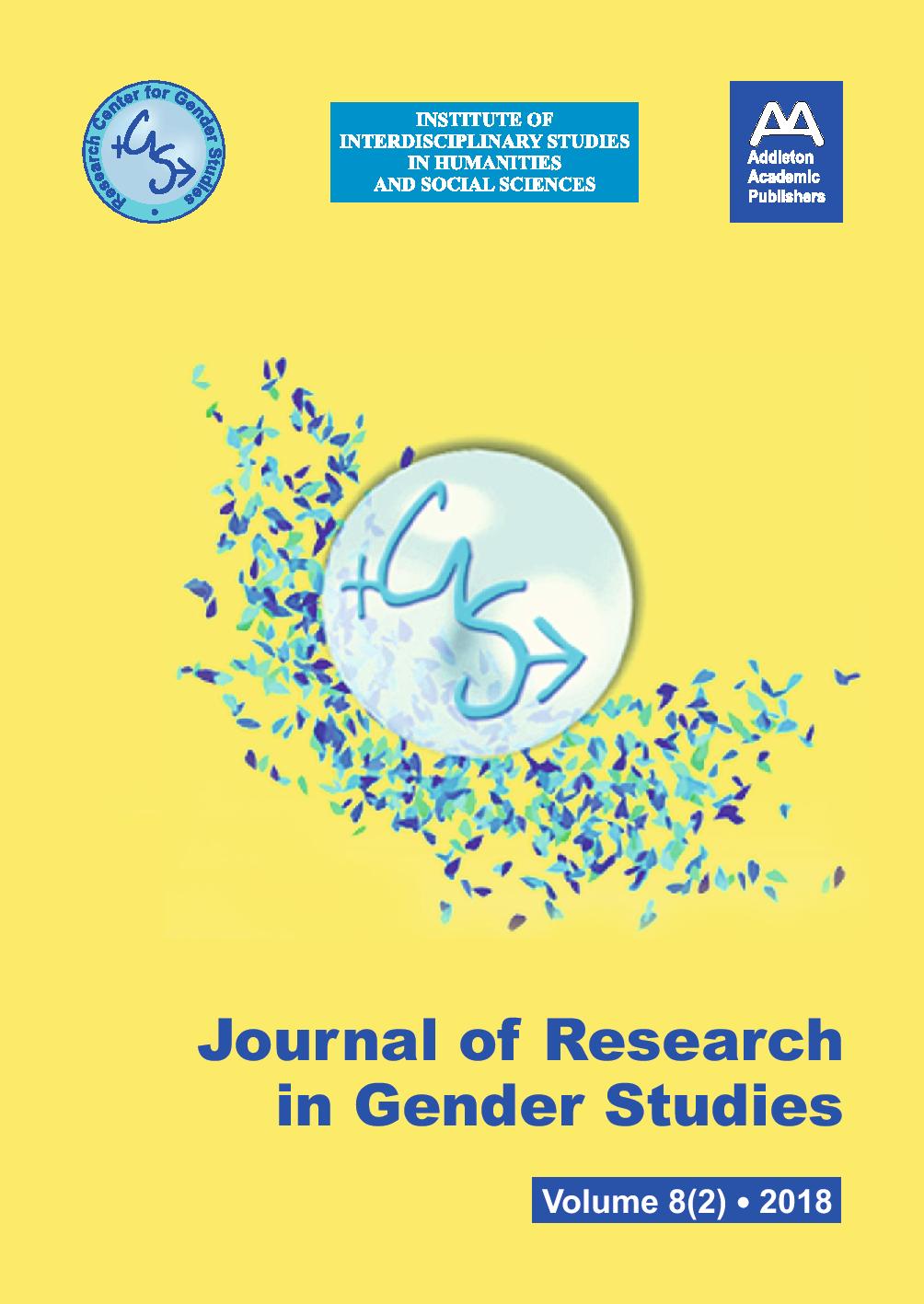REFUSING TO SERVE LGBT PEOPLE: AN EMPIRICAL ASSESSMENT OF COMPLAINTS FILED UNDER STATE PUBLIC ACCOMMODATIONS NON-DISCRIMINATION LAWS
REFUSING TO SERVE LGBT PEOPLE: AN EMPIRICAL ASSESSMENT OF COMPLAINTS FILED UNDER STATE PUBLIC ACCOMMODATIONS NON-DISCRIMINATION LAWS
Author(s): CHRISTY MALLORY, BRAD SEARSSubject(s): Gender Studies
Published by: Addleton Academic Publishers
Keywords: public accommodations discrimination; sexual orientation; gender identity;
Summary/Abstract: While there is increasing acceptance of a norm of non-discrimination against LGBT employees, opponents of LGBT rights are asserting a right to refuse services, particularly those related to wedding celebrations and health care, to LGBT people. While the media and court cases have focused on a limited set of known examples, to date, little is known about the overall incidence of public accommodations discrimination against LGBT people. This study is the first to measure how frequently existing state public accommodations non-discrimination laws are used by LGBT people. Analysis of available data from 16 states that prohibit sexual orientation and gender identity discrimination in public accommodations shows that these laws are used by LGBT people at rates similar to the use of race non-discrimination laws by people of color and the use of sex non-discrimination laws by women. Nationally, on average, approximately 4 complaints of sexual orientation and gender identity discrimination in public accommodations are filed for every 100,000 LGBT adults each year, compared to approximately 3 complaints of race discrimination filed for every 100,000 adults of color, and 1 complaint of sex discrimination filed for every 100,000 women. This study shows that public accommodations discrimination is reported far less frequently than employment discrimination by all protected groups – by a factor of ten. Second, while further research is needed to determine how frequently religious grounds are the basis for the discrimination against LGBT people alleged in these complaints, such motivations are not increasing the rates of discrimination to levels significantly higher than public accommodations discrimination against people of color and women. Notably, data analyzed in this study reflect current legal interpretations by courts that have upheld the historic limited religious exemptions to state non-discrimination laws.
Journal: Journal of Research in Gender Studies
- Issue Year: 8/2018
- Issue No: 2
- Page Range: 109-126
- Page Count: 18
- Language: English
- Content File-PDF

